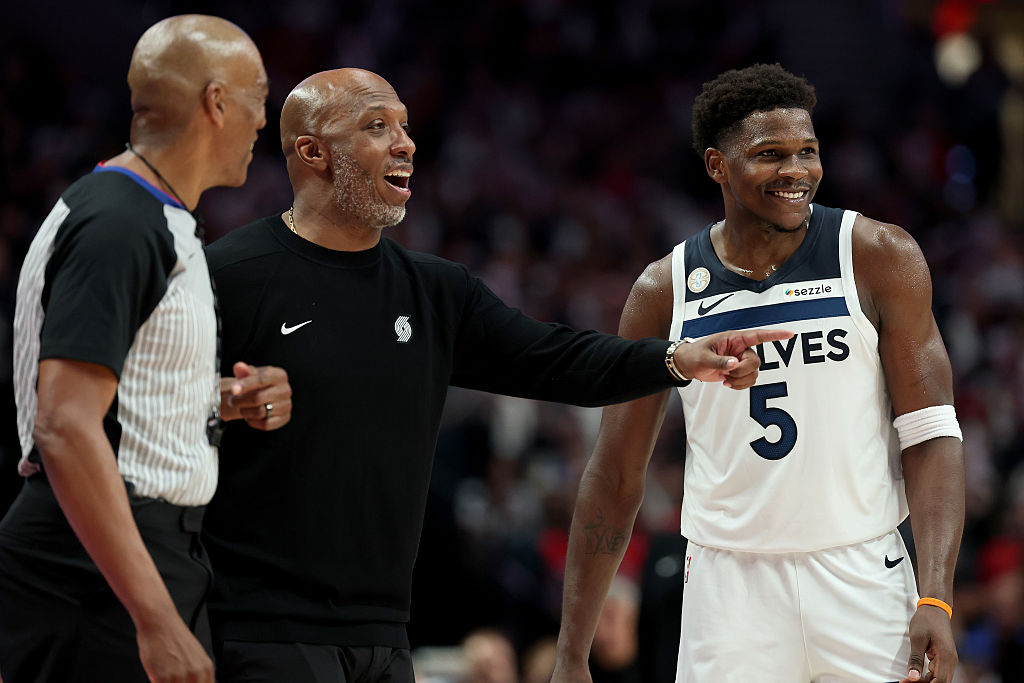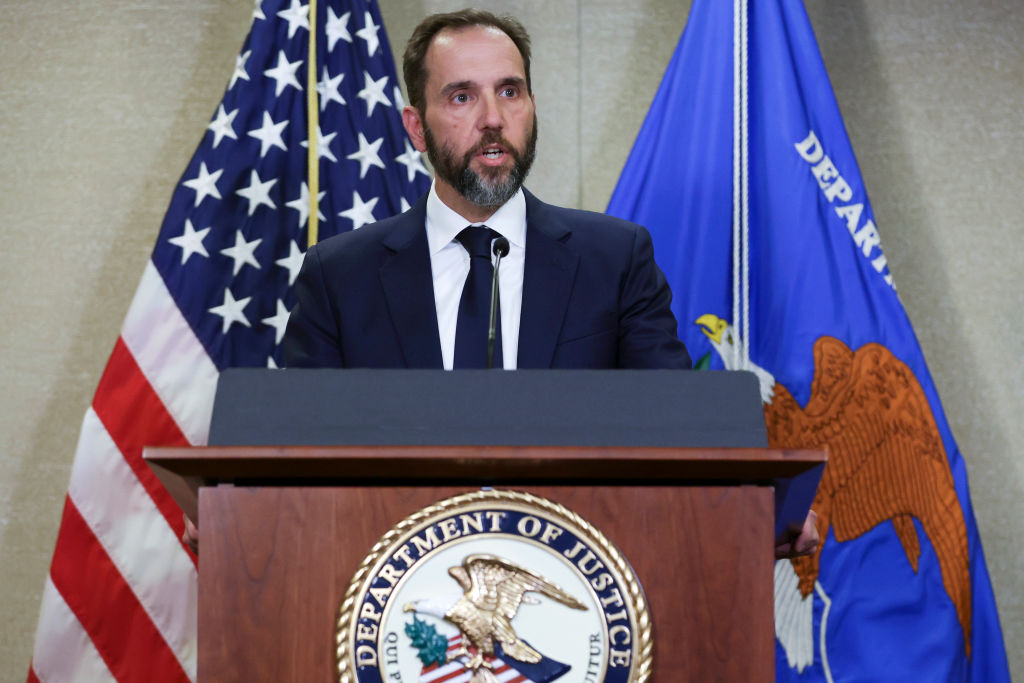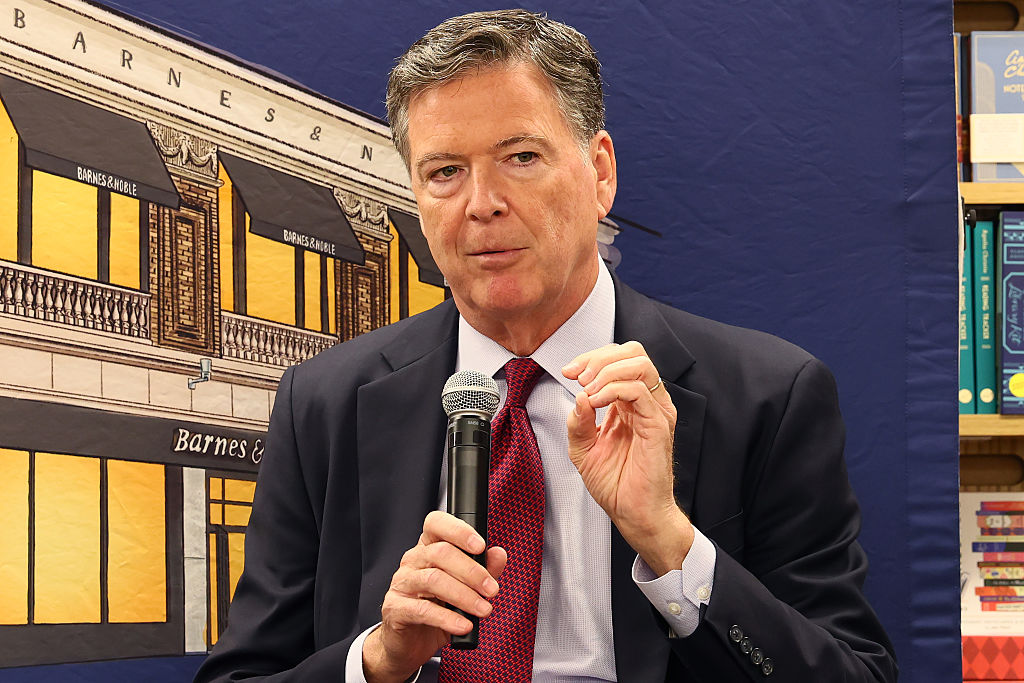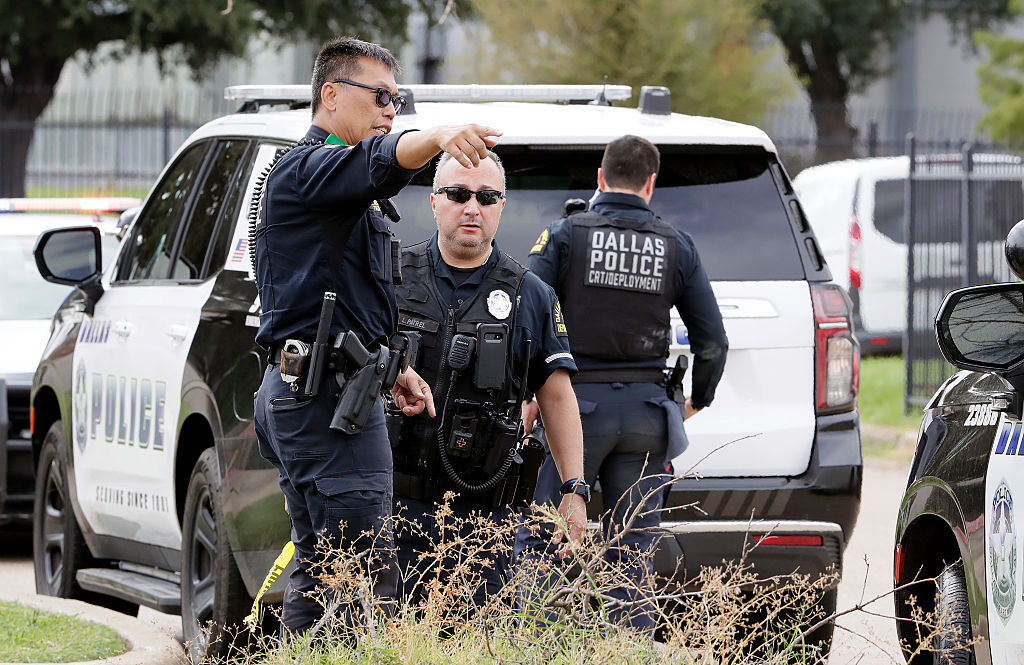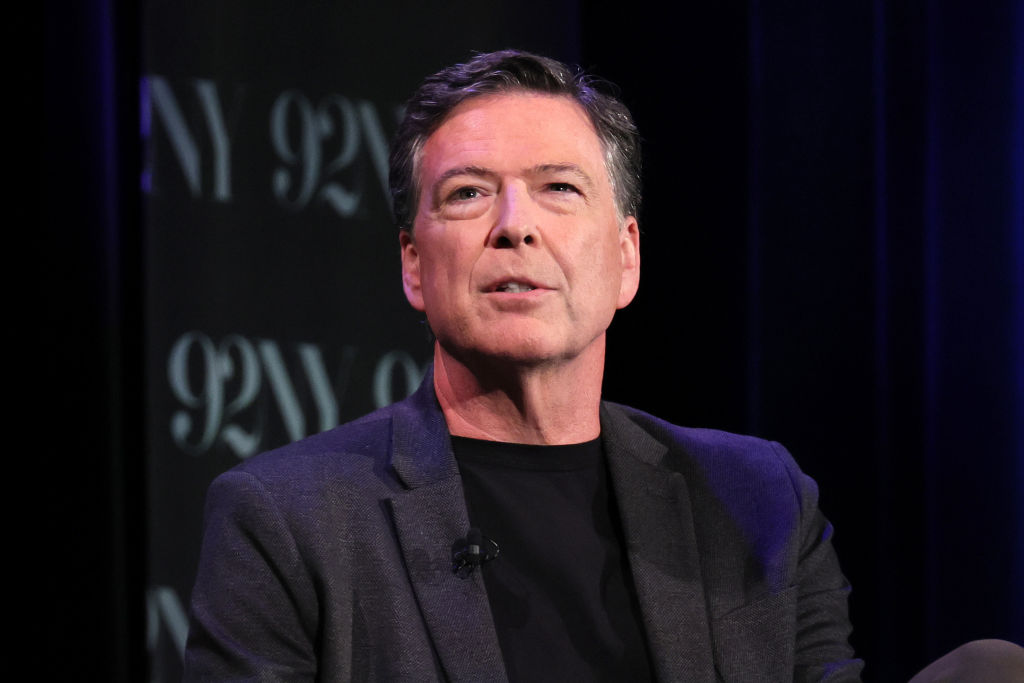Last week, a district court acquitted two men and deadlocked on two others who were accused of plotting to kidnap Michigan Governor Gretchen Whitmer. No word yet on which of her Covid restrictions Whitmer will now violate in order to cheer herself up. But the decision was a credit to the jury, which did the right thing in the face of immense pressure.
The case against Whitmer’s would-be abductors was a crock from the start, a classic instance of the FBI egging on poor saps so it could land an arrest and grab a headline. The spooky right-wing terrorists were nothing of the sort. Their supposed ringleader, a man named Barry Croft, was a heavy pot smoker nicknamed “Bonehead” who caused one FBI investigator to ask “Do these guys even know what’s up?” The kidnap crew was so incompetent that at times government informants and agents took the lead in organizing the plot.
Yet that didn’t stop a barrage of CNN headlines from insinuating that right-wing terrorists were hiding behind every potted plant. In the media, Croft and his pals were convicted before they were even assigned jail cells. How inconvenient, then, that hysterical news reports are inadmissible in a courtroom. Confronted with actual evidence, presented with an overstepping FBI, the jury said no.
All this points to a greater trend: juries have become one of the last reliably objective institutions in America. Next door in Wisconsin, another jury recently freed Kyle Rittenhouse, the supposed vigilante who shot three men in what was clear self-defense. The monstrous killers of jogger Ahmaud Arbery, meanwhile, were convicted, as was Minneapolis cop Derek Chauvin for choke-holding George Floyd. You could even go back to alleged celebrity murderers like Casey Anthony and George Zimmerman, both of whom, shall we say, smelled rotten, yet were nonetheless acquitted of murder in accordance with the evidence.
At a time when making the “okay” hand gesture is enough to get you hauled before a social media kangaroo court, the actual criminal courts are doing all right. Despite pervasive hysteria, it is still possible to sequester twelve people, present them with both sides of a given case, and get them to rule objectively in line with the law.
That’s all the more incredible when you consider how politically tribalized everyone is these days. Surely there were some Democrats on the Kyle Rittenhouse jury; surely some of them weren’t especially keen on gun rights. Yet that didn’t stop them from acknowledging just how weak the case against him really was.
America’s jury system is an inheritance from English common law. Its tradition dates all the way back to ancient Athens, where capital crimes were often tried before juries of more than a thousand people (imagine that movie: 1,412 Angry Men). What makes our system reliable isn’t just the size of our juries but our type of judicial process, called the adversarial system, which is used widely throughout the English-speaking world.
The adversarial system is what Americans are used to seeing on Law & Order: the prosecution and defense square off, the judge acts as a referee, and the jury issues the verdict. The emphasis is on debate and openness. Contrast that with the inquisitorial system, which is used in many European countries, including France and Italy, and which grants the judge far more power in both investigating a crime and interrogating the evidence. The flow of the trial is thus guided by a single government employee, rather than the back-and-forth between prosecution and defense over the evidence.
Occasionally the two systems come into contact with each other. A recent Netflix-mined example was the case of Ian Bailey, an Englishman accused (quite credibly) of murdering a French woman in Ireland. Bailey was not charged by Irish authorities, stunning France, which stared down its nose at Ireland’s adversarial justice system (as well as mistakes that had been made by the Irish police). The French later held their own inquisitorial trial with Bailey in absentia.
Certainly there are problems with the adversarial system: it can be messy, of course, and it can encourage theatrics from the lawyers. Yet imagine if the goofuses in Michigan had been tried not by a jury of their peers but a government bureaucrat. That bureaucrat might have known Gretchen Whitmer or had some relationship with the FBI. Gallic horreur notwithstanding, the greatest credit to the American justice system is that it isn’t like this.
Imagine a hypothetical man arrested for allegedly plotting against the government. The media might slant their coverage against him. His employer might cave to the mob and let him go. Big Tech might ban those who express support for him. But in a courtroom, at least, he’s guaranteed a fair trial and adequate representation before a disinterested jury. At a time of elite capture and madness, this is a tradition we should be proud of.













